 Welcome
Welcome
“May all be happy, may all be healed, may all be at peace and may no one ever suffer."
Tonsils - Diseases
The tonsils are two small masses of tissue located at the back of the throat, one on each side. They are part of the body's immune system and play a role in fighting off infections.
The tonsils are made up of lymphatic tissue, which contains white blood cells that help to fight off infections. They are most active during childhood and tend to shrink in size as a person gets older.
Tonsillitis is a common condition that occurs when the tonsils become infected and inflamed. Symptoms of tonsillitis can include sore throat, difficulty swallowing, fever, and swollen lymph nodes. In some cases, tonsillitis can lead to complications such as abscesses or obstructive sleep apnea.
In some cases, recurrent or chronic tonsillitis may require removal of the tonsils, a surgical procedure known as a tonsillectomy. This is typically done in cases where the tonsils are causing significant problems or are interfering with a person's quality of life.
While tonsillectomy is a relatively common procedure, it is not without risks, and it should only be considered after a thorough evaluation by a healthcare professional. In general, good oral hygiene and a healthy lifestyle can help to prevent many tonsil problems.
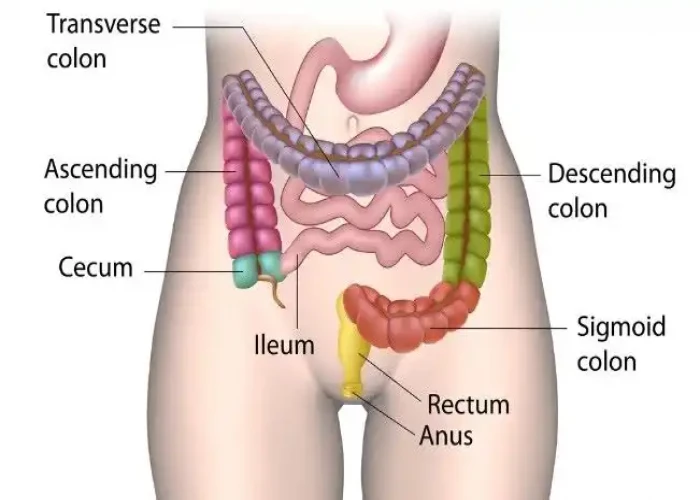
Descending colon intestine
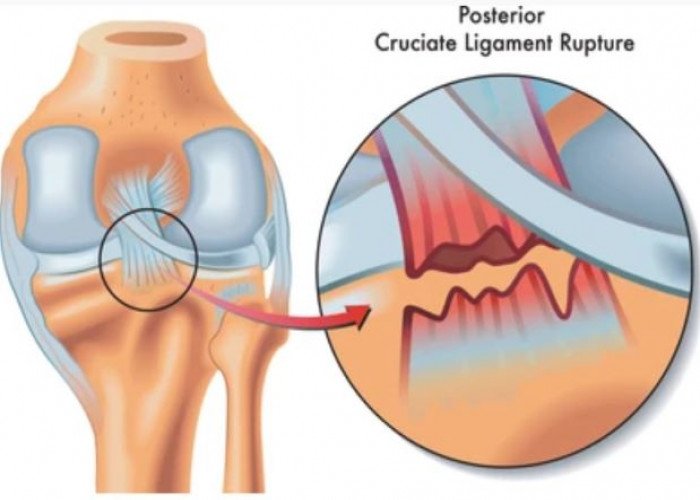
Ligaments
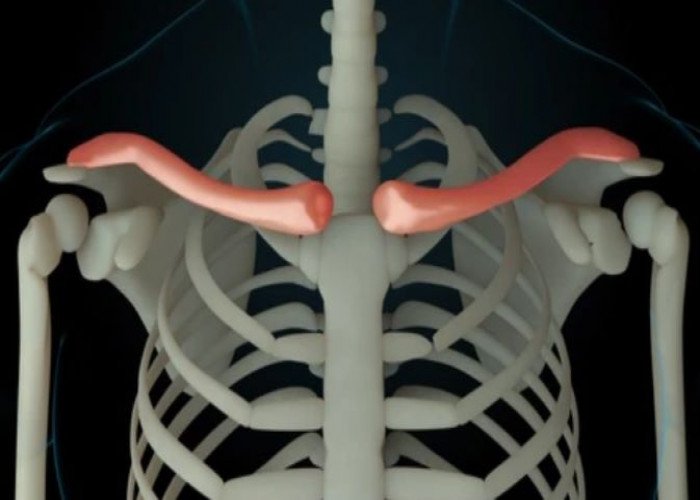
Collarbone

Hand

Brainstem
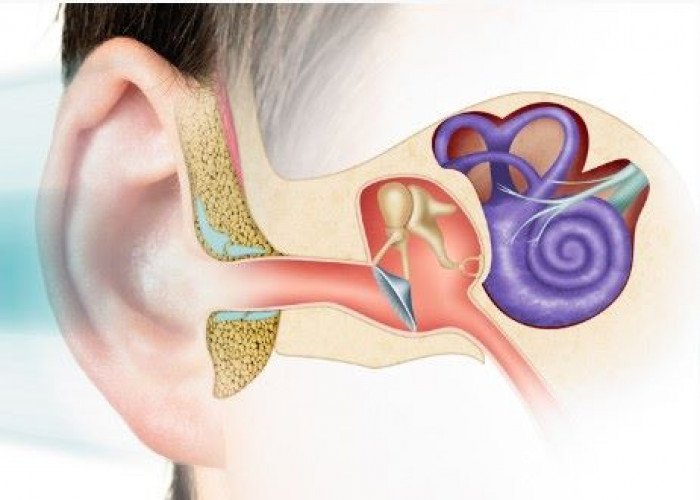
Semicircular canals Inner ear

Ascending colon intestine
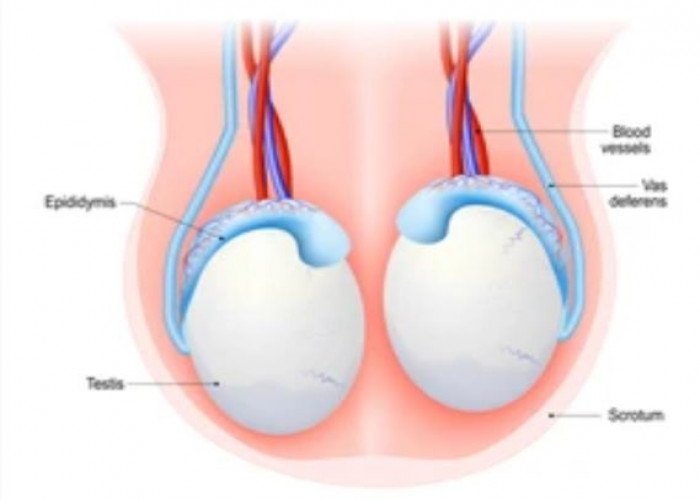
Testicle
Tonsils, Tonsillitis, টনসিল
To be happy, beautiful, healthy, wealthy, hale and long-lived stay with DM3S.


